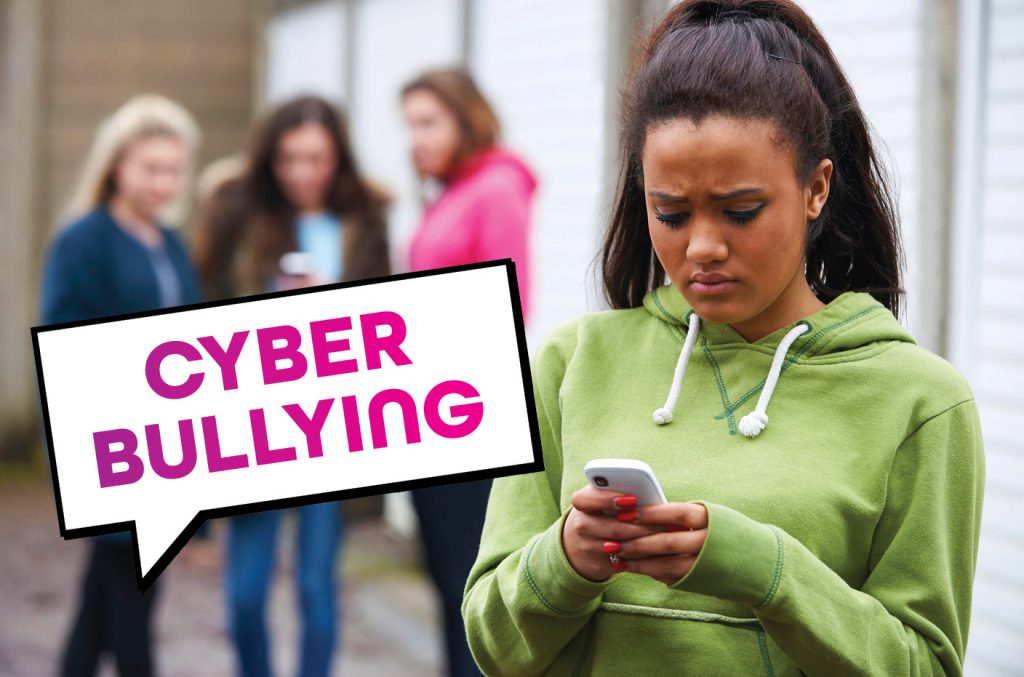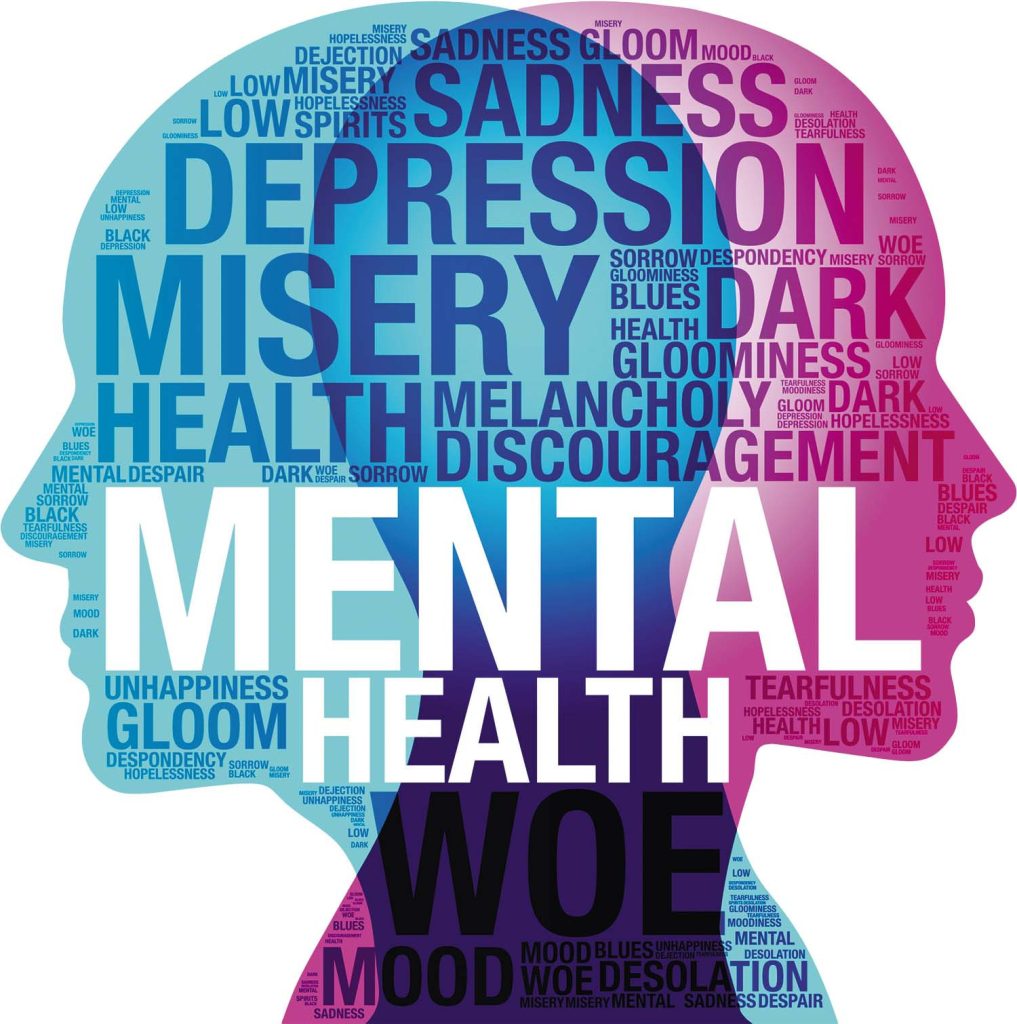Cyberbullying: Anti-Bullying Speaker Teaching How to Navigate the Digital Landscape

Cyberbullying – Navigate the Landscape
Cyberbullying is a serious problem that can have a lasting impact on victims’ lives. It can lead to depression, anxiety, and even suicide. It can also interfere with victims’ ability to learn and succeed in school. That’s why it’s so important to teach students how to navigate the digital landscape safely and to stand up to cyberbullies. Anti-bullying speakers can play a crucial role in teaching students about cyberbullying and how to prevent it.
What is Cyberbullying?
Cyber-bullying is the use of electronic devices to bully or harass someone. It can take many forms, including: * Sending hurtful or threatening messages * Posting embarrassing or private information about someone online * Spreading rumors about someone online * Excluding someone from online activities
Cyber-bullying can be just as harmful as face-to-face bullying, and it can sometimes be even more difficult to stop. That’s because cyberbullying can be anonymous, and it can reach a wide audience quickly.
How to Prevent Cyber bullying There are a number of things that students can do to prevent cyberbullying, including: * Be respectful of others online. * Think before you post. * Don’t share personal information online. * Be careful about what you share on social media. * Report any cyberbullying that you see.

What to Do If You Are Cyberbullied If you are being cyberbullied, it is important to: * Tell a trusted adult. * Save evidence of the cyberbullying. * Report the cyberbullying to the website or platform where it is happening. * Block the cyberbully.
Anti-Bullying Speakers can help students to understand the different types of cyberbullying, the consequences of cyber-bullying, and how to stand up to cyberbullies. They can also provide students with the tools and resources they need to navigate the digital landscape safely. If you are looking for a way to help your students to stay safe online, consider bringing in an anti-bullying speaker. Anti-bullying speakers can help you to create a more positive and respectful school climate where all students feel safe and supported.
Students should speak up about cyberbullying to a teacher for several important reasons:
- Safety and Well-being: Cyber-bullying can have severe consequences for victims, including anxiety, depression, and even suicidal thoughts. By reporting incidents to a teacher, students can initiate the process of addressing the issue and ensuring their safety and well-being.
- Support and Guidance: Teachers are trusted adults who can provide emotional support and guidance to victims of cyber-bullying. They can help students develop coping mechanisms, navigate the challenges they face, and create a safety plan to prevent further victimization.
- School Intervention: Schools have a responsibility to maintain a safe and positive learning environment for all students. By reporting cyberbullying incidents, students can prompt the school to investigate and implement appropriate interventions. These interventions may include disciplinary actions, counseling services, and educational programs aimed at preventing future bullying behavior.
- Prevention and Awareness: Reporting cyberbullying incidents helps raise awareness about the issue and its harmful effects. By sharing their experiences, students can educate others and encourage a culture of respect and inclusivity.
- Legal Consequences: In some cases, cyberbullying may constitute a crime. By reporting incidents to a teacher, students can initiate the process of holding perpetrators accountable for their actions.
How to Speak Up:
- Choose the right teacher: Select a teacher you trust and feel comfortable talking to.
- Be specific: Provide detailed information about the cyberbullying incident, including dates, times, and any evidence you have (e.g., screenshots, messages).
- Be honest: Share your feelings and experiences openly.
- Seek support: Let the teacher know that you need their help and support.
- Follow up: Check in with the teacher regularly to see if any action has been taken.
It is important for students to remember that they are not alone and that there are people who care about their well-being. By speaking up about cyberbullying, students can take control of the situation, access the support they need, and contribute to creating a safer and more positive learning environment for all.
